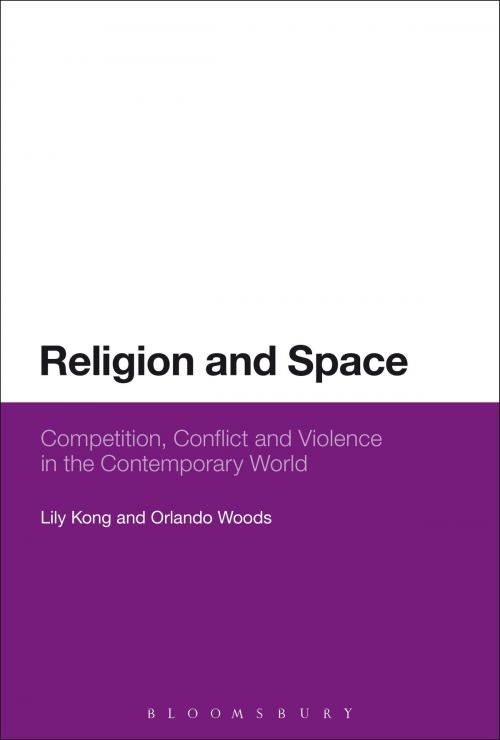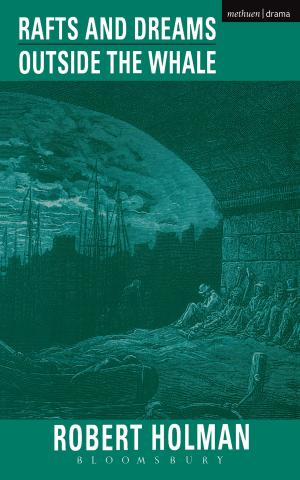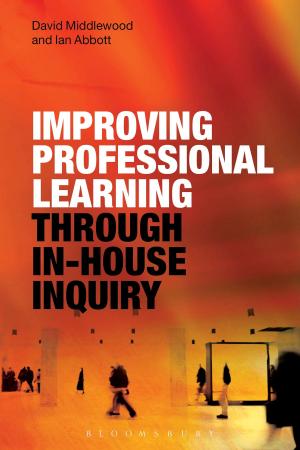Religion and Space
Competition, Conflict and Violence in the Contemporary World
Nonfiction, Social & Cultural Studies, Political Science, Social Science, Religion & Spirituality| Author: | Orlando Woods, Dr Lily Kong | ISBN: | 9781474257428 |
| Publisher: | Bloomsbury Publishing | Publication: | February 11, 2016 |
| Imprint: | Bloomsbury Academic | Language: | English |
| Author: | Orlando Woods, Dr Lily Kong |
| ISBN: | 9781474257428 |
| Publisher: | Bloomsbury Publishing |
| Publication: | February 11, 2016 |
| Imprint: | Bloomsbury Academic |
| Language: | English |
This is the first study to bring space into conversation with religious competition, conflict and violence in the contemporary world. Lily Kong and Orlando Woods argue that because space is both a medium and an outcome of religious activity, it is integral to understanding processes of religious competition, conflict and violence. The book explores how religious groups make claims to both religious and secular spaces, and examines how such claims are managed, negotiated and contested by the state and by other secular and religious agencies. It also examines how globalisation has given rise to new forms of religious competition, and how religious groups strengthen themselves through the development of social resilience, as well as contribute to resilient societies.
Throughout the book, case studies from around the world are used to examine how religious competition and conflict intersect with space. The case studies include topical issues such as competing claims to the Temple Mount/Haram el-Sharif in Jerusalem, opposition to the "Ground Zero mosque†? in New York City, and the regulation of religious conversion in India and Sri Lanka.
By helping readers develop new perspectives on how religion works in and through space, Religion and Space: Competition, Conflict and Violence in the Contemporary World is an innovative contribution to the study of religion.
This is the first study to bring space into conversation with religious competition, conflict and violence in the contemporary world. Lily Kong and Orlando Woods argue that because space is both a medium and an outcome of religious activity, it is integral to understanding processes of religious competition, conflict and violence. The book explores how religious groups make claims to both religious and secular spaces, and examines how such claims are managed, negotiated and contested by the state and by other secular and religious agencies. It also examines how globalisation has given rise to new forms of religious competition, and how religious groups strengthen themselves through the development of social resilience, as well as contribute to resilient societies.
Throughout the book, case studies from around the world are used to examine how religious competition and conflict intersect with space. The case studies include topical issues such as competing claims to the Temple Mount/Haram el-Sharif in Jerusalem, opposition to the "Ground Zero mosque†? in New York City, and the regulation of religious conversion in India and Sri Lanka.
By helping readers develop new perspectives on how religion works in and through space, Religion and Space: Competition, Conflict and Violence in the Contemporary World is an innovative contribution to the study of religion.















